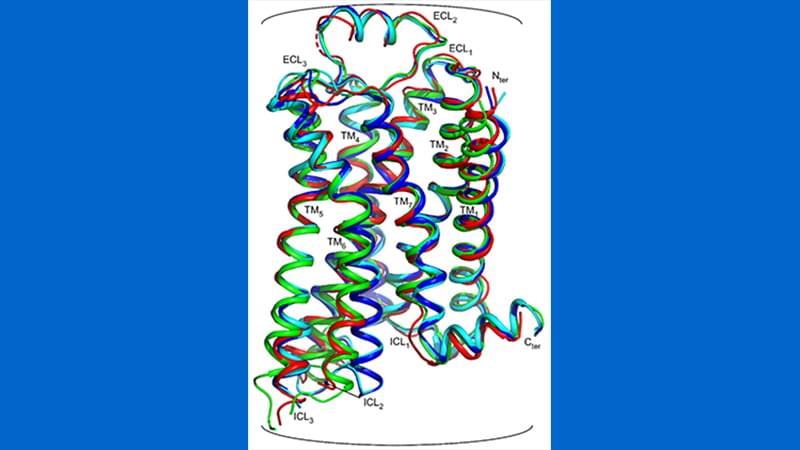Cleveland Clinic researchers have made a significant discovery about how the gut microbiome interacts with cells to cause cardiovascular disease. The study published in Nature Communications found that phenylacetylglutamine (PAG), produced by gut bacteria as a waste product, then absorbed and formed in the liver, interacts with previously undiscovered locations on beta-2 adrenergic receptors on heart cells once it enters the circulation.
PAG was shown to interact with beta-2 adrenergic receptors to influence how forcefully the heart muscle cells contract—a process that investigators believe contributes to heart failure. Researchers showed mutating parts of the beta-2 adrenergic receptor that were previously thought to be unrelated to signaling activity in preclinical models prevented PAG from depressing the function of the receptor.
This is the latest in a series of investigations into PAG, led by Stanley Hazen, MD, Ph.D., chair of Cardiovascular and Metabolic Sciences in Cleveland Clinic’s Lerner Research Institute and co-section head of Preventive Cardiology. Dr. Hazen’s lab previously demonstrated that elevated circulating levels of PAG in subjects are associated with heightened risk for developing heart failure, and lead to worse outcomes for patients with heart failure.










Leave a reply